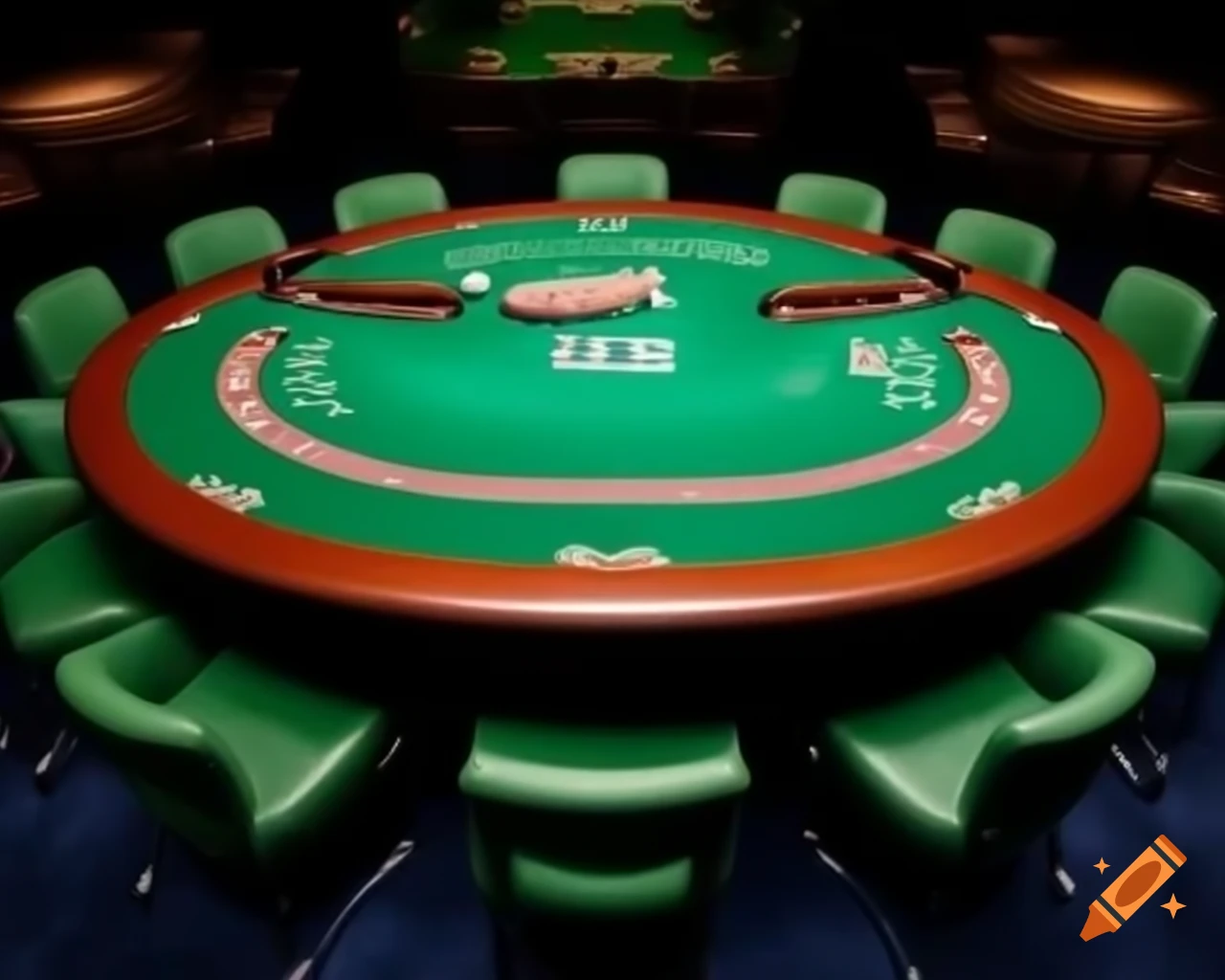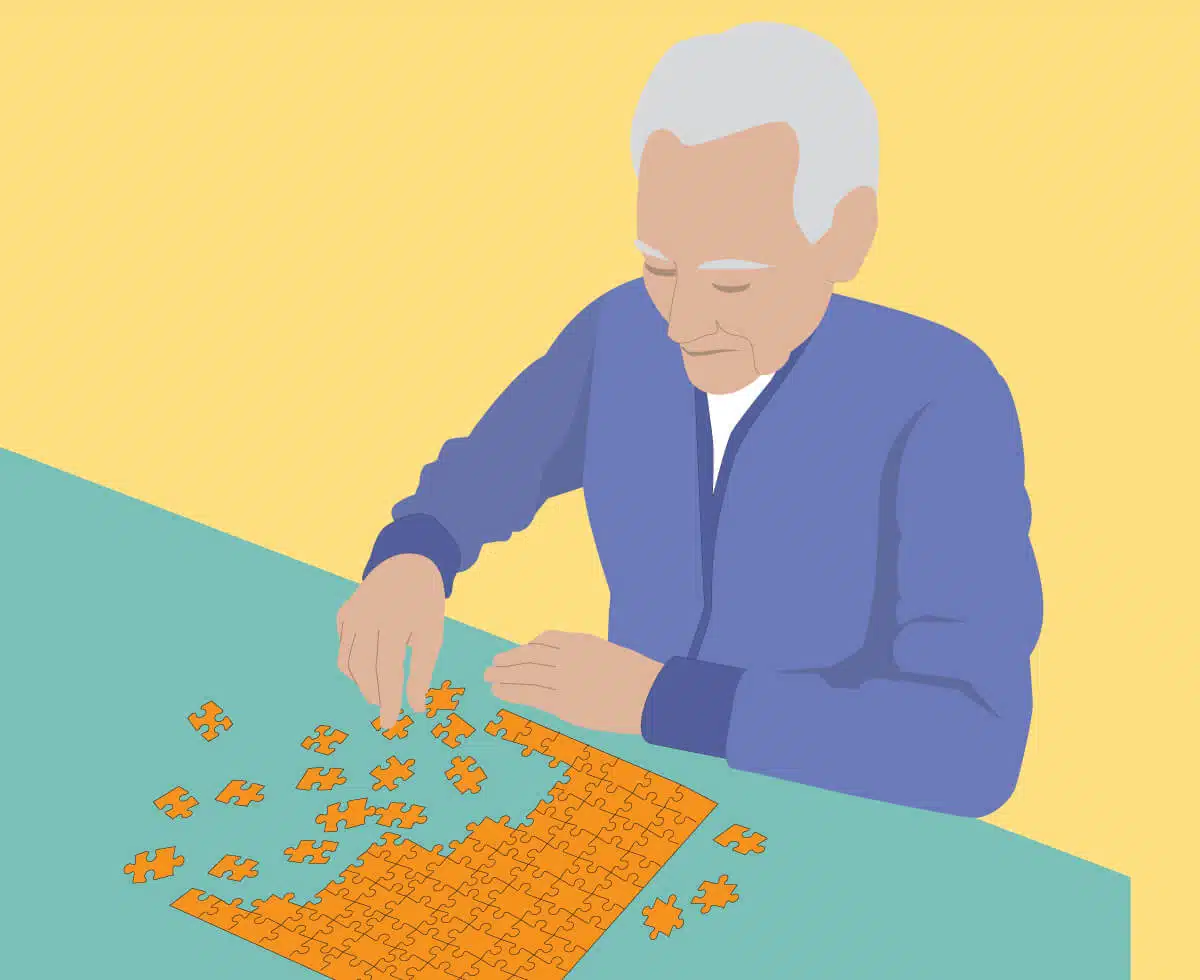Ever wonder why some players seem to consistently outmaneuver others in competitive Rummy? Sure, skill matters—but so does the mind. The way we make decisions under pressure, weigh risks, and even bluff reveals a fascinating interplay of psychology and strategy. Let’s dive in.
The Brain on Rummy: Cognitive Load and Quick Thinking
Rummy isn’t just about memorizing cards. It’s a high-speed mental workout where players juggle multiple variables: probability, opponent behavior, and emotional control. Here’s how the brain handles it:
- Working memory: Holding onto discarded cards, tracking possible sequences—it’s like mental Tetris.
- Pattern recognition: The brain craves order. Spotting potential melds early gives players an edge.
- Decision fatigue: After hours of play, even pros might discard a useful card impulsively.
Fun fact: Studies show expert Rummy players process information in chunks, grouping cards intuitively rather than counting individually. It’s like a chef eyeballing ingredients instead of measuring each gram.
Risk vs. Reward: The Gambler’s Dilemma
That moment when you debate picking up a risky discard? Classic risk-reward calculus. Humans are wired to overestimate low-probability wins (hello, lottery tickets!) and fear losses more than gains. In Rummy:
- Loss aversion: Players often hoard “safe” cards too long, missing chances to declare.
- Sunk cost fallacy: Sticking with a bad hand because “I’ve already invested so much.”
- Hot-hand fallacy: Believing a winning streak will continue indefinitely. Spoiler: it won’t.
Pro tip: The best players quantify risks. They’ll ask: “What’s the actual chance this discard helps me? What’s the cost if it doesn’t?”
Reading the Room: Social Psychology in Play
Rummy isn’t played in a vacuum. Opponents’ tells, table talk, and even silence feed into decisions. Here’s the social chess at work:
| Behavior | What It Might Mean |
| Rapid discards | Confidence—or bluffing to appear strong |
| Hesitation before picking | Uncertainty, or a deliberate misdirection |
| Over-explaining moves | Nervousness (often a sign of a weak hand) |
Ever notice how some players mirror others’ behaviors? It’s a subconscious tactic to build rapport—or throw rivals off balance.
The Bluff Paradox
Bluffing in Rummy isn’t like poker. It’s subtler: picking a discard you don’t need, or delaying a declaration to sow doubt. But here’s the catch: over-bluffing trains opponents to call your bluffs. The sweet spot? Unpredictability.
Emotions in the Driver’s Seat
Tilt—that fiery frustration after a bad round—is the arch-nemesis of good decisions. When emotions hijack logic:
- Anger leads to reckless discards (“I don’t care anymore!”).
- Overconfidence blinds players to opponents’ strategies.
- Anxiety causes second-guessing (“Should I really pick this card?”).
The fix? Top players use rituals—a deep breath, counting to three—to reset their mental state. You know, like a boxer touching gloves before a round.
The Role of Intuition (And When to Ignore It)
Ever had a “gut feeling” about a card? That’s intuitive heuristics—mental shortcuts honed by experience. But intuition has pitfalls:
- Confirmation bias: Noticing only the times your gut was right.
- Recency bias: Overvaluing the last game’s outcome.
- Anchoring: Fixating on an early meld and ignoring better options.
Honestly? The best players balance intuition with cold, hard math. Like a chef tasting and measuring.
Wrapping Up: The Mind Game Behind the Cards
Competitive Rummy isn’t just about the rules—it’s about outthinking, not just outplaying. Whether it’s managing cognitive load, decoding opponents, or taming emotions, every decision reveals something about how we’re wired. Next time you’re at the table, remember: the cards are just the beginning.





